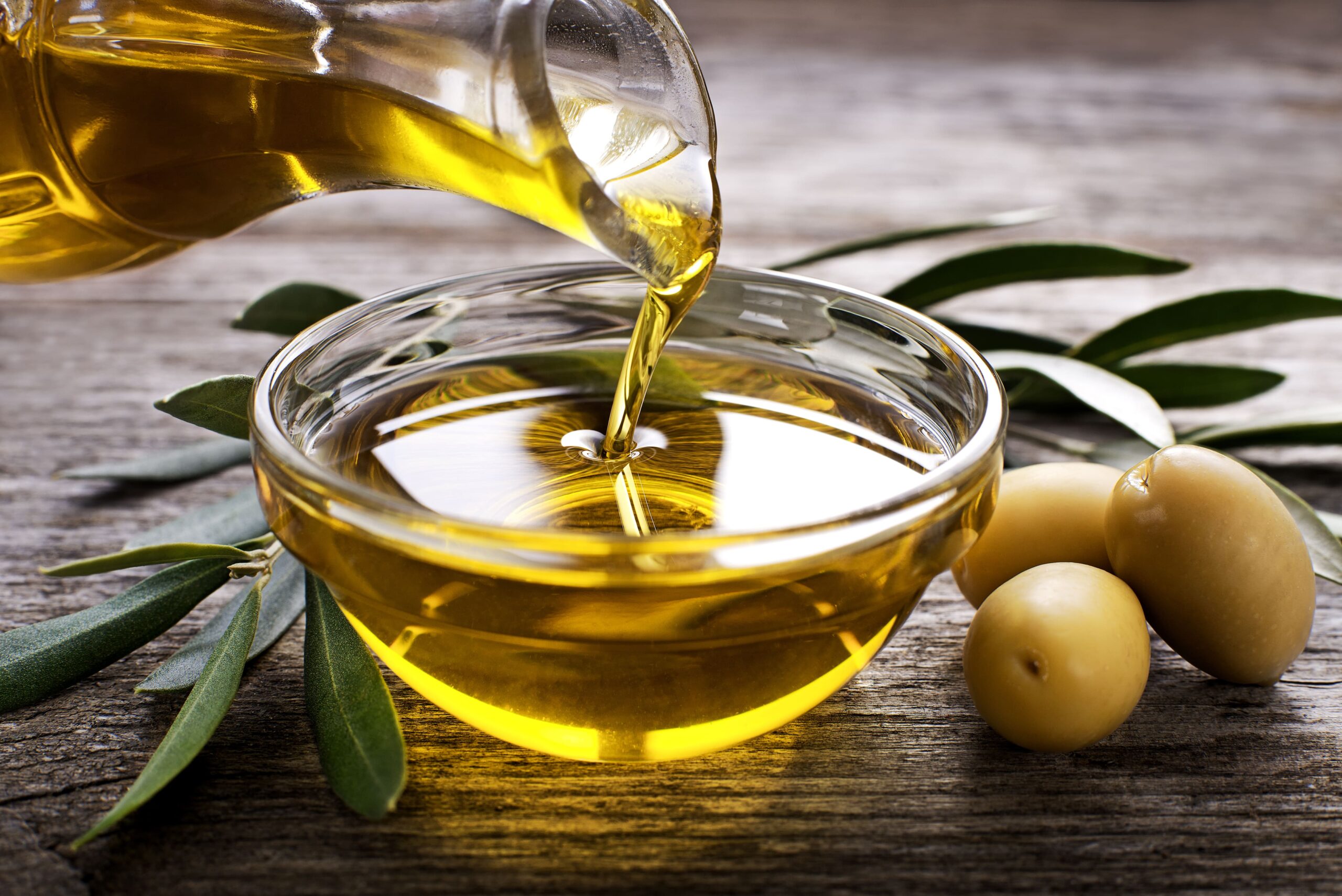Olive oil, the Greek culinary gold
Imagine a Greek breakfast buffet: small bowls filled with golden-green olive oil, fragrant bread, a slice of PDO feta cheese, fresh tomatoes. You dip the bread into the oil — the first sensation is fruity, the second reveals a touch of bitterness, and finally a spicy note awakens the palate. This “vertical tasting” — comparing Koroneiki with Manaki or Athinolia — unveils subtle differences, trains the taste buds, and turns olive oil into a transformative element that elevates a simple slice of bread, a Cretan rusk, or a salad into a flavorful journey.
Olive oil is the link between past and present: the ancestral groves, the hand-harvest traditions, the age-old bread dough, the aromas of Greek soil.
Varieties that Tell Stories of Place
Greece has developed significant PDO/PGI olive oil varieties. Koroneiki, the “queen” of the groves in Messinia and Laconia, produces oils with an intense fruity aroma and full body. Athinolia, elegant and balanced, dominates in Laconia, while Manaki, mild and aromatic with notes of ripe apple and tomato, characterizes Argolis and Corinthia.
But no journey would be complete without Crete — a land where the olive tree is part of the island’s identity. PDO Sitia Lasithiou Crete, internationally awarded, stands out for its exceptionally low acidity and fruity aromas reminiscent of fresh grass and unripe fruit. PDO Kolymvari Chania and PDO Peza Heraklion express the richness of Cretan terroir, balancing herbal notes with a peppery finish.
The Passion of the Producers
Behind every drop of olive oil lies the passion of its producers. In Crete, farmers often harvest by hand in groves that slope down to the sea. With respect for nature and dedication to quality, they oversee every step — from harvest to cold pressing — ensuring that the oil reaches the table pure, aromatic, and full of nutritional value.
This devotion is not just work; it is a way of life, a tradition passed down through generations, and at the same time a form of hospitality. The traveler tastes it in every glass of raki served with olives, or in every bite of rusk soaked in oil.
Breakfast as a Journey
In the repertoire of the Greek Breakfast, olive oil and olives are essential elements. Kalamata PDO olives, with their deep purple hue, Halkidiki PDO olives with their crisp texture, and Cretan “tsakistes” cracked olives with lemon and herbs, sit alongside bread, honey, and cheeses, creating a rich canvas of flavors.
For the traveler, such a breakfast is an experience: an introduction to the land through its most authentic product. Crete, the Peloponnese, Macedonia — they are no longer just geographical names; they become tastes, aromas, and images. A slice of bread with Sitia olive oil, a bite of feta with Kalamata olives, a Halkidiki olive — all transform into a cultural journey.
The Greek breakfast is not merely a meal; it is a narrative. A story full of history, passion, and place. And every traveler who tastes Greek olive oil in the morning carries with them a piece of that story — a flavor souvenir that remains unforgettable.
